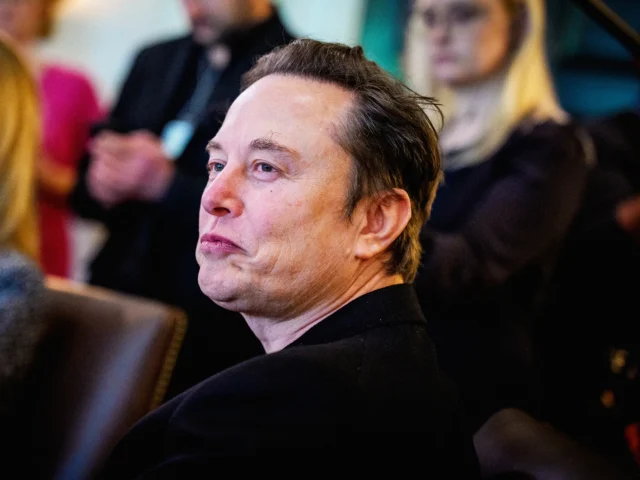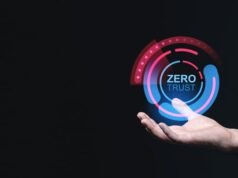In a move that has sent ripples across the digital knowledge ecosystem, billionaire tech entrepreneur Elon Musk has officially launched Grokipedia, an AI-driven online encyclopedia designed to compete directly with the Wikimedia Foundation’s flagship platform, Wikipedia. The announcement comes on the heels of Musk’s long-running critique of Wikipedia’s editorial processes and claimed bias.
Grokipedia, created under Musk’s AI company xAI, made its public debut on 27 October 2025. At launch, it presented nearly 900 000 entries — a fraction of Wikipedia’s millions, but a bold first step nonetheless.
Musk described this new encyclopedia as “a necessary improvement” on Wikipedia, citing “propaganda” and ideological bias in the older platform. He proclaimed that Grokipedia would offer more truthful, transparent content, all generated and verified by his AI chatbot, Grok.
Table of Contents
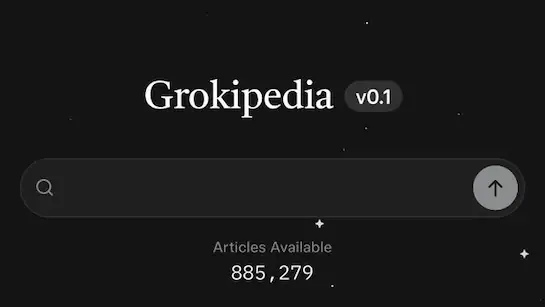
How Grokipedia Works — And What’s Different
Unlike Wikipedia, which relies on volunteer editors from around the world to write, review and revise entries, Grokipedia is powered almost entirely by AI. Each article is generated by Grok and then “fact-checked” by the same AI model, while human editing is minimal or non-existent.
On its website, Grokipedia acknowledges that many of its entries derive or adapt from Wikipedia content, often under the Creative Commons BY-SA 4.0 licence. Some experts have noted that several Grokipedia entries are almost verbatim from Wikipedia pages.
Further, users cannot directly edit the articles in Grokipedia. Instead, they may flag possible errors or suggest additions—placing the control firmly in Musk’s AI ecosystem rather than a global community of editors.
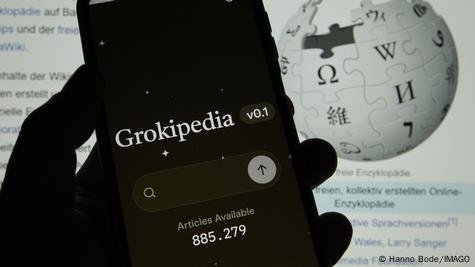
Reception, Criticism and Challenges
The launch of Grokipedia has been met with both curiosity and concern. Critics warn that the very AI-driven model may entrench biases rather than eliminate them. For one, early reviews have flagged instances of content aligned with right-wing narratives and viewpoints rather than neutral encyclopaedic tone.
For example, Grokipedia’s treatment of controversial historical events such as the 6 January 2021 U.S. Capitol riot tends to echo conservative framing and includes disclaimers like “widespread claims of voting irregularities”, according to The Guardian.
Media outlets have also pointed out functional issues: some entries clearly replicate existing Wikipedia content, undermining the claim of wholly original and AI-generated knowledge. Moreover, on launch day, the platform reportedly experienced server crashes and delays, drawing attention to teething problems in rolling out such a large-scale project.
On the other side, Wikipedia’s parent body, the Wikimedia Foundation, responded by reaffirming the value of human-driven knowledge creation — stressing open collaboration, transparency and volunteer-based as strengths that AI-only models might lack, according to People.com.
Why It Matters for Nigeria — And the Wider World
From a Nigerian perspective, the arrival of Grokipedia opens up a number of interesting questions: What happens when AI controls the production of encyclopaedic knowledge rather than a global volunteer community? How will issues of bias, credibility and local relevance be handled — especially in regions where English is not the only language, or where local knowledge is under-represented?
As someone who’s spent time navigating both community-edited platforms and more AI-automated systems, I find this shift compelling yet unsettling. The promise of rapid article generation and updated content is attractive — but if fewer human eyes are reviewing, then the risk of ideological slant, factual error or mis-framing may increase.
For educators, researchers and students in Nigeria, the question becomes: Should one trust Grokipedia for academic work or use it with caution? And when local context matters, will Grokipedia step up or remain dominated by U.S./Western content models? The dialogue around knowledge sovereignty and digital literacy takes on fresh urgency.
In the larger global context, this marks a turning point in how knowledge is generated and distributed. That Musk is positioning Grokipedia as a “Wikipedia alternative” speaks to a broader challenge: what role should AI play in shaping the sum of human knowledge? And what safeguards are necessary when one individual or company takes on that role?
Looking Ahead: What to Watch
Here are key developments to monitor:
- Coverage & Scale: Will Grokipedia rapidly scale from its near-900,000 entries to match or exceed Wikipedia’s depth — and how will it diversify beyond U.S.-centric or English-language topics?
- Accuracy & Trust: How will independent verification, peer review or community oversight be incorporated? If AI remains the sole author and fact-checker, how transparent will the process be?
- Bias and Framing: Given early accusations of slanted content, will Grokipedia invest in robust checks to ensure a balanced treatment of politically or socially sensitive topics?
- Localisation and Relevance: For regions like Nigeria and across Africa, will Grokipedia meaningfully incorporate local histories, languages and knowledge systems — or remain dominated by Western inputs?
- Competition with Wikipedia: Wikipedia has a long history, a large volunteer base and widespread acceptance. Will Grokipedia win significant adoption, or will users stick with the tried-and-trusted model?
In my experience working with digital knowledge platforms, the human factor — editors, reviewers, local voices — often makes all the difference in quality and credibility. Grokipedia’s experiment will test whether AI alone can match or surpass that human ecosystem.
Only time will tell if this marks the start of a new era in knowledge platforms — or a cautionary tale about handing knowledge production to machines and singular actors.
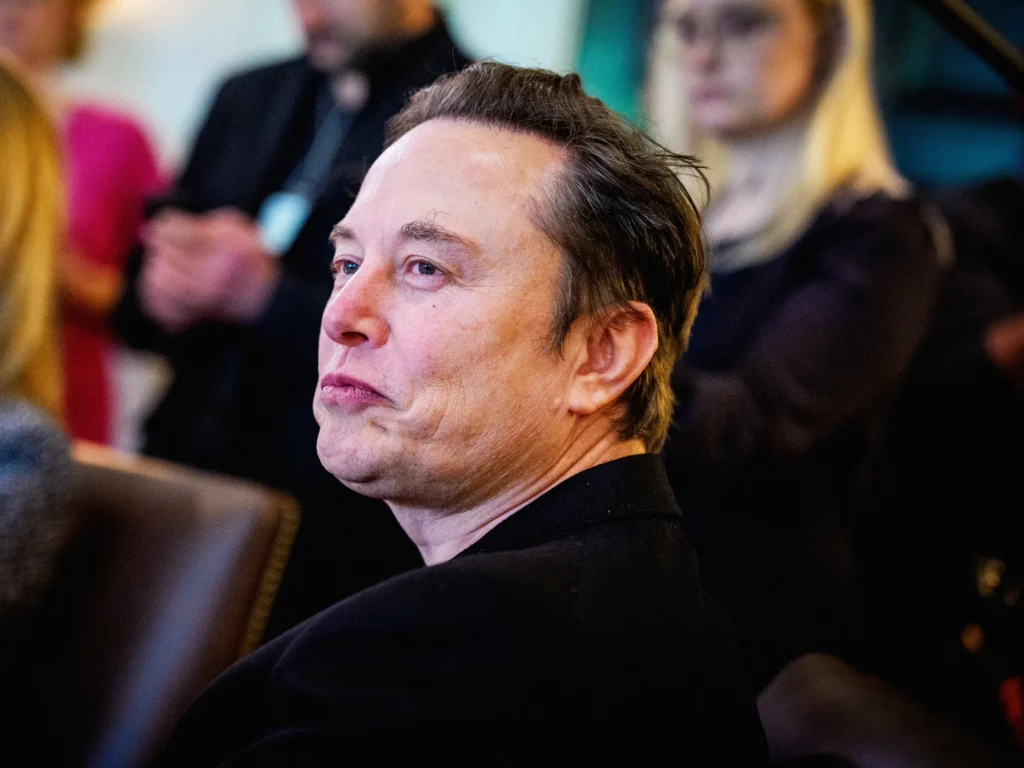
Conclusion
Elon Musk’s launch of Grokipedia signals a bold attempt to reshape the architecture of online knowledge. By relying on AI rather than volunteers, the platform aims to offer a “cleaner,” more efficient alternative to Wikipedia. Yet amidst that ambition lie serious questions: about quality, bias, local relevance — and who really controls what we believe to be true. As a Nigerian reader, I’ll be watching — and urging you too to approach this new platform with informed curiosity and healthy scepticism.
Join Our Social Media Channels:
WhatsApp: NaijaEyes
Facebook: NaijaEyes
Twitter: NaijaEyes
Instagram: NaijaEyes
TikTok: NaijaEyes


